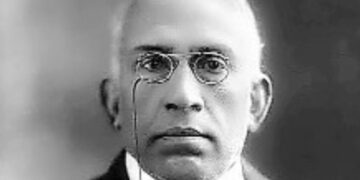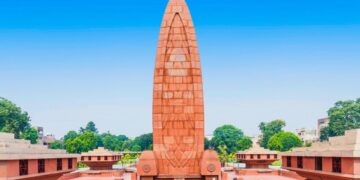Amid low voter turnout and the Opposition parties’ boycott of the parliamentary elections in Bangladesh, Prime Minister Sheikh Hasina secured her fourth consecutive term in office after her party, Awami League won most of the seats. The voter turnout was just 40%, however, when the counting of votes began, Hasina’s Awami League won 216 out of the 224 seats on Sunday.
The opposition party, the Bangladesh Nationalist Party headed by Khaled Zia, who is under house arrest, along with other Opposition parties had boycotted the 2024 general elections as they demanded Hasina’s resignation and allow a caretaker government to manage the elections.
During Sheikh Hasina’s 15 years in power, she has been credited with turning around the economy and the massive garments industry, while also winning international praise for sheltering Rohingyas, who were fleeing persecution in neighboring Myanmar. Now with winning her new term, Hasina becomes the world’s longest-serving female head of the state.
While the election day in Bangladesh was calm with little to no reports of violence, pre-election violence witnessed 18 reports of arson, causing four deaths. The authorities have blamed the Bangladesh Nationalist Party for the violence, accusing it of seeking to sabotage the elections.
On the polling day, Sheikh Hasina hailed New Delhi as a “trusted friend”, acknowledging Bharat’s role in sheltering her during a crucial phase of her life. The Bangladeshi PM also went on to explain how she lived in exile in India when her family was killed in the 1975 massacre.
Both Bharat and Bangladesh have maintained steady diplomatic ties, and the former also helped Dhaka in its 1971 Liberation War against Pakistan. Notably, Hasina spent six years in exile in New Delhi, residing on Delhi’s Pandara Road, with her children. This was after the 1975 massacre of her family, where Hasina’s father, Bangabandhu Sheikh Maujibur Rehman was assassinated.
Around 18 members of her family, including her 10-year-old younger brother, were killed on August 15, 1975, by senior Army officers, which then resulted in the military running the country for several years. Sheikh Hasina ended her exile in Delhi and returned to Bangladesh in May 1981.
Why Hasina’s Re-Elect Matters for Bharat?
Sheikh Hasina has proved to be a reliable ally for New Delhi and her re-election interests in Bharat. Also, Hasina’s arch-rival Khaleda Zia is regarded as hostile by the Bharatiya government, while some even dub her a proxy for Pakistan.
Additionally, Bangladesh, which is surrounded by India, will help safeguard the northeastern states as Bangladesh shares a border with Mizoram, Tripura, Meghalaya, Assam, and West Bengal. This is primarily because under the BNP or during military rule, separatists or insurgents from Bharat have found safe haven.
During Sheikh Hasina’s rule between 1996- 2001 and then since 2009, New Delhi’s security establishment has received cooperation from Bangladeshi agencies, and genuine efforts have been made to curb anti-India activity in the neighboring country.
Meanwhile, Bharat is also fine with Bangladesh doing business with China until or unless, New Delhi’s security concerns are kept in mind. Thus, Sheikh Hasina’s re-elect keeps China and Pakistan out of the loop and also serves as a key protection for the northeastern region.
















Comments